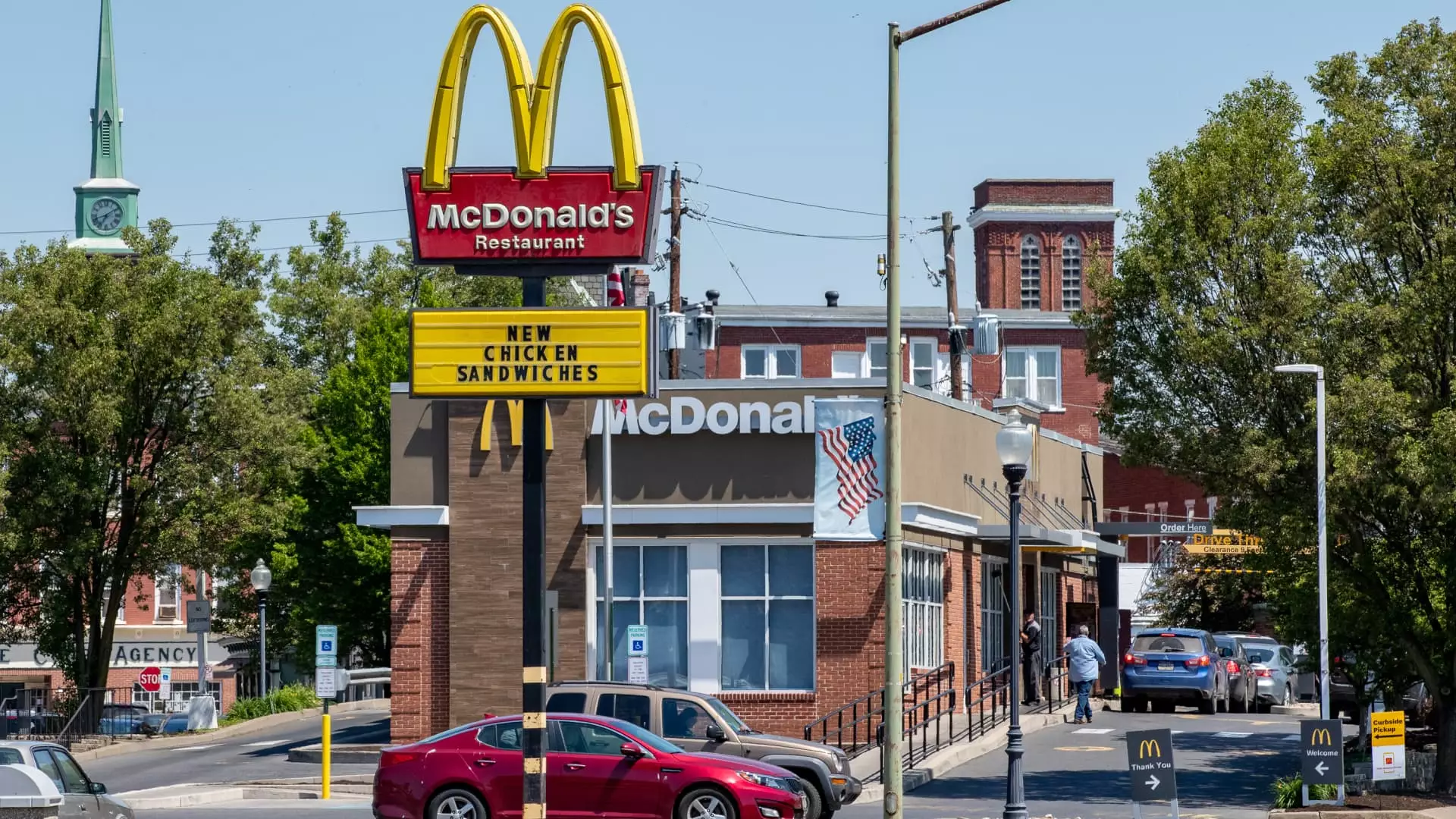McDonald’s, the fast-food giant, has recently announced an increase in royalty fees for its franchisees, marking the first hike in nearly three decades. Starting January 1st, the fees will be raised from 4% to 5%. This change will have significant implications for various scenarios, including new franchisees, buyers of company-owned restaurants, and relocated restaurants.
The Decision and its Rationale
McDonald’s U.S. President, Joe Erlinger, explained the decision by stating, “While we created the industry we now lead, we must continue to redefine what success looks like and position ourselves for long-term success to ensure the value of our brand remains as strong as ever.” The increase in royalty fees aims to secure the strength and longevity of the McDonald’s brand.
Existing franchisees who are maintaining their current operations or purchasing a franchised location from another operator will not be affected by the fee increase. The same applies to rebuilt existing locations or restaurants transferred between family members. However, any scenario involving the franchisor, including new franchisees and buyers of company-owned restaurants, will be subject to the higher royalty rate.
As part of this change, McDonald’s will also be reframing the terminology used for these payments. Instead of referring to them as “service fees,” the company will now use the term “royalty fees,” aligning with the industry standard. The shift in language aims to emphasize the substantial value that comes with being a part of the McDonald’s brand and system.
Franchisee Friction and Challenges
McDonald’s has experienced strained relationships with its franchisees in recent years. Several issues, including a new assessment system for restaurants and impending wage increases for fast-food workers, have contributed to this friction. In a survey conducted by Kalinowski Equity Research, McDonald’s franchisees rated their relationship with corporate management at just 1.71 out of 5. Although this score marks an improvement from previous quarters, it highlights the ongoing challenges faced by franchisees.
Despite the difficulties, McDonald’s U.S. business has been thriving. In the most recent quarter, domestic same-store sales achieved a remarkable growth rate of 10.3%. Promotions such as the Grimace Birthday Meal, along with sustained demand for McDonald’s iconic menu items like Big Macs and McNuggets, have been driving this success. The positive business performance has resulted in increased cash flows for franchisees, with McDonald’s CFO Ian Borden reporting a 35% rise over the last five years.
The immediate impact of the royalty fee increase may be minimal for many franchisees. However, it is likely to lead to backlash due to the existing strained relationships between McDonald’s and its U.S. operators. The franchisees have already faced challenges with various operational changes, and this fee increase may further exacerbate the tensions.
McDonald’s decision to raise royalty fees for its franchisees reflects the company’s commitment to maintaining the strength and value of its brand in the long run. While this move may face resistance and backlash from franchisees, it is essential for McDonald’s to address ongoing challenges and build healthier relationships with its operators. As the fast-food industry continues to evolve, it is crucial for McDonald’s and its franchisees to find common ground and work collaboratively towards mutual success and profitability.


Leave a Reply